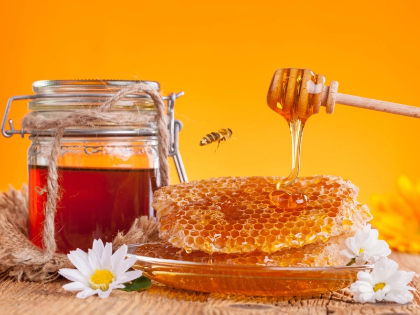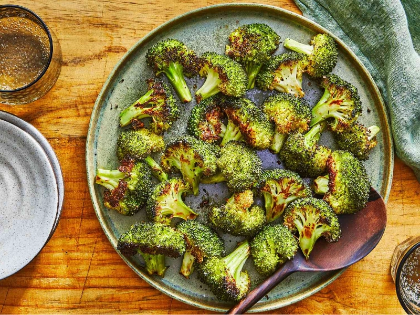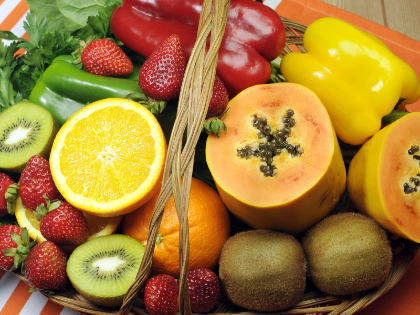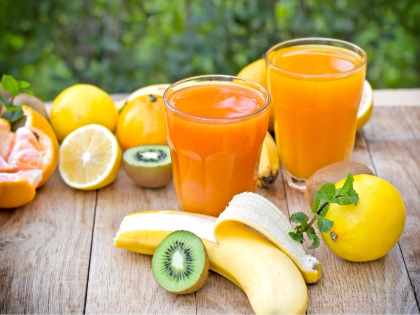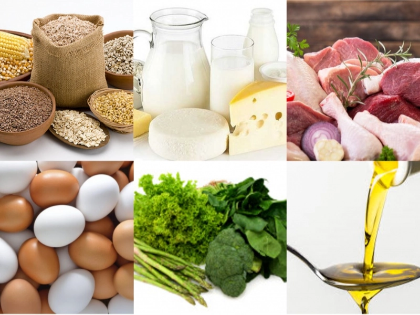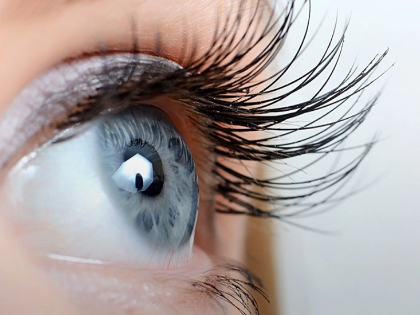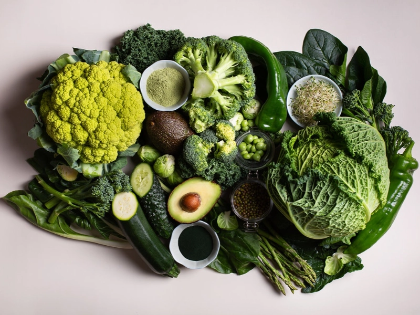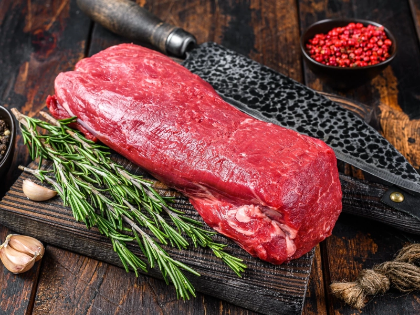Vitamin E and Cancer Prevention: What Research Suggests
1.The value of vitamin E Crucially important in shielding cells from oxidative damage is the fat-soluble antioxidant vitamin E. There are various variants of this vitamin; in humans, alpha-tocopherol is the most physiologically active type. Vitamin E and other antioxidants assist free radicals—which can damage cells—to be neutralised, therefore promoting the development of chronic disorders including cancer. The scientific community has paid great attention to the possible power of vitamin E in cancer prevention.
2.Agents of Action Mechanisms The processes by which vitamin E might help prevent cancer are several. Mostly, its antioxidant qualities assist lower oxidative stress, which is linked to DNA damage and cancer spread. Furthermore important in cancer growth are immunological responses and inflammation, which vitamin E has been proven to control. Increasing the body's capacity to fight oxidative damage and inflammation could help vitamin E reduce cancer risk.
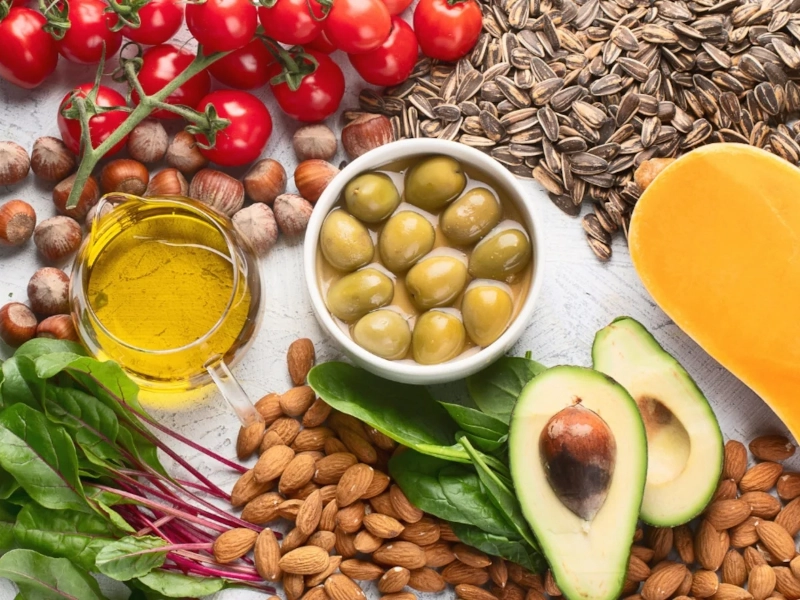
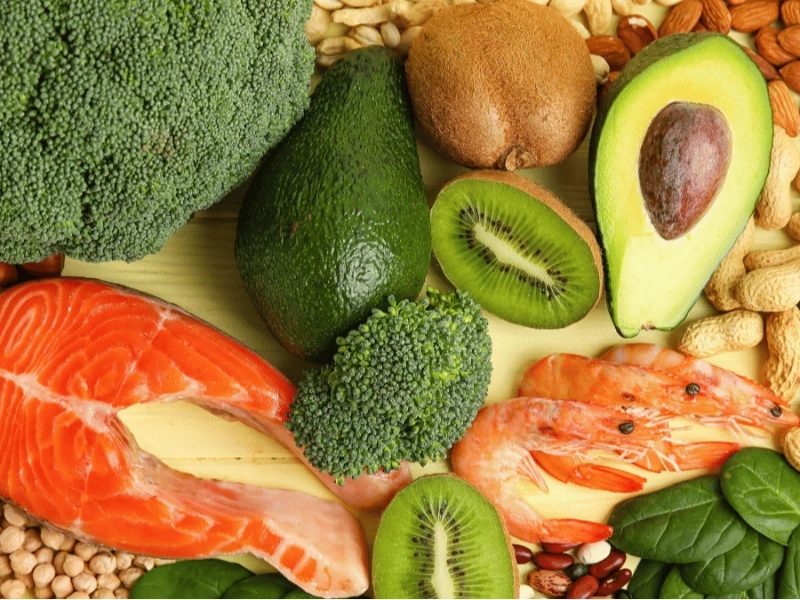 5.Enhancement against Natural Sources Although vitamin E pills are sold, there is continuous discussion over their effectiveness vs getting vitamin E from food sources. According to several research, high-dose vitamin E supplements do not have the same protective properties as natural dietary consumption and might potentially cause hazards if taken too much. Therefore, unless suggested by a healthcare professional, emphasising a balanced diet high in whole foods is usually preferred above supplements.
6.Vitamin E and particular cancer types Studies on many forms of cancer have found various benefits of vitamin E. For instance, some studies imply that, especially in women with low dietary intake, vitamin E could have a preventive impact against breast cancer. On the other hand, findings of how it affects pancreatic and colorectal tumours are still equivocal. This diversity emphasises the need of more study to define the function of vitamin E in cancer prevention over many sectors and cancer types.
5.Enhancement against Natural Sources Although vitamin E pills are sold, there is continuous discussion over their effectiveness vs getting vitamin E from food sources. According to several research, high-dose vitamin E supplements do not have the same protective properties as natural dietary consumption and might potentially cause hazards if taken too much. Therefore, unless suggested by a healthcare professional, emphasising a balanced diet high in whole foods is usually preferred above supplements.
6.Vitamin E and particular cancer types Studies on many forms of cancer have found various benefits of vitamin E. For instance, some studies imply that, especially in women with low dietary intake, vitamin E could have a preventive impact against breast cancer. On the other hand, findings of how it affects pancreatic and colorectal tumours are still equivocal. This diversity emphasises the need of more study to define the function of vitamin E in cancer prevention over many sectors and cancer types.
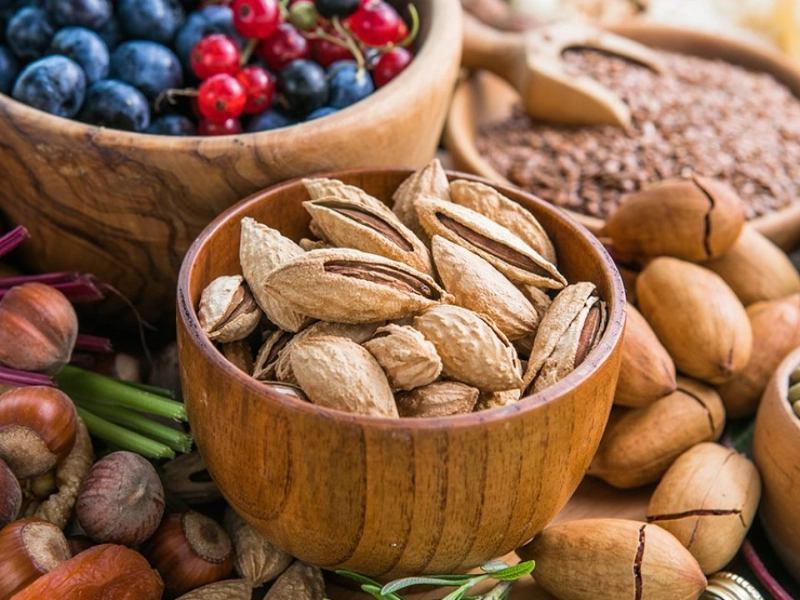 7.Interaction with other nutrients Vitamin E is not working alone; its potency could be affected by other nutrients. For their possible combination preventive benefits against cancer, for example, researchers have examined the synergistic effects of vitamin C and selenium with vitamin E. Emphasising the need of a whole nutritional approach, a diet high in several antioxidants and nutrients may improve the general preventive benefits against cancer.
8.Recommendations for Integration People should try to include a range of foods high in vitamin E in their diet if they wish to maximise the possible advantages of the vitamin for cancer prevention. Snacking on nuts, cooking with vegetable oils, and eating lots of fruits and vegetables will help you to do this. Little adjustments like sprinkling a handful of nuts into salads or smoothies can greatly increase vitamin E intake.
7.Interaction with other nutrients Vitamin E is not working alone; its potency could be affected by other nutrients. For their possible combination preventive benefits against cancer, for example, researchers have examined the synergistic effects of vitamin C and selenium with vitamin E. Emphasising the need of a whole nutritional approach, a diet high in several antioxidants and nutrients may improve the general preventive benefits against cancer.
8.Recommendations for Integration People should try to include a range of foods high in vitamin E in their diet if they wish to maximise the possible advantages of the vitamin for cancer prevention. Snacking on nuts, cooking with vegetable oils, and eating lots of fruits and vegetables will help you to do this. Little adjustments like sprinkling a handful of nuts into salads or smoothies can greatly increase vitamin E intake.
 9.Constant Investigation and Future Directions There is continuous research on the function of vitamin E in cancer prevention; fresh studies are always turning out. Understanding the particular methods of action, ideal doses, and the interaction between vitamin E and other dietary elements is probably going to be the main emphasis of further studies. These research are crucial to offer more precise instructions on how vitamin E should be used in strategies of cancer prevention.
10.Review of Vitamin E's Function in Cancer Prevention Mostly because of its antioxidant actions, vitamin E is a necessary nutrient with possible cancer-preventive qualities. Although some studies point to a preventive function against various malignancies, findings are conflicting and emphasise the need of more study. For general health and maybe help to prevent cancer, a diet high in vitamin E from natural sources—such as nuts and seeds—is advised. Better knowledge of vitamin E's function in cancer prevention will surface as research goes on, so guiding public health campaigns and dietary advice.
9.Constant Investigation and Future Directions There is continuous research on the function of vitamin E in cancer prevention; fresh studies are always turning out. Understanding the particular methods of action, ideal doses, and the interaction between vitamin E and other dietary elements is probably going to be the main emphasis of further studies. These research are crucial to offer more precise instructions on how vitamin E should be used in strategies of cancer prevention.
10.Review of Vitamin E's Function in Cancer Prevention Mostly because of its antioxidant actions, vitamin E is a necessary nutrient with possible cancer-preventive qualities. Although some studies point to a preventive function against various malignancies, findings are conflicting and emphasise the need of more study. For general health and maybe help to prevent cancer, a diet high in vitamin E from natural sources—such as nuts and seeds—is advised. Better knowledge of vitamin E's function in cancer prevention will surface as research goes on, so guiding public health campaigns and dietary advice.

